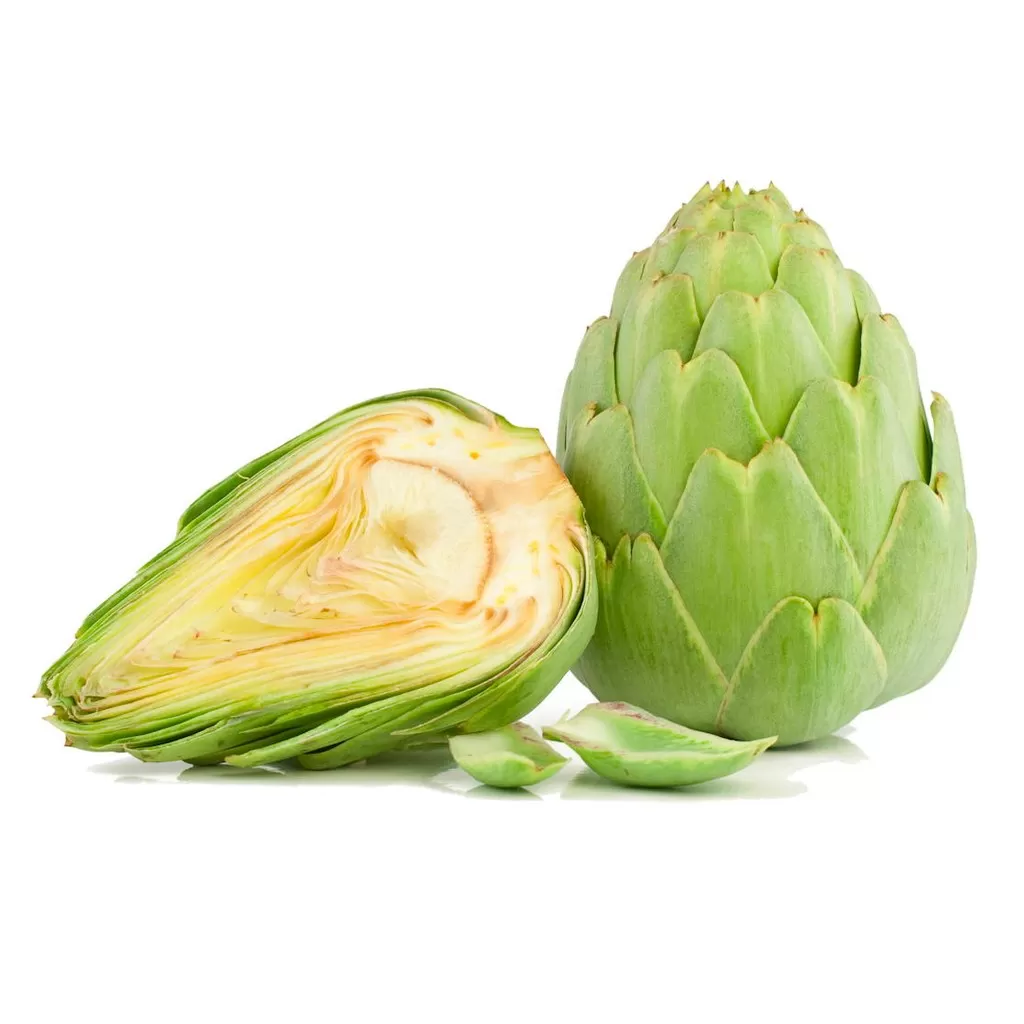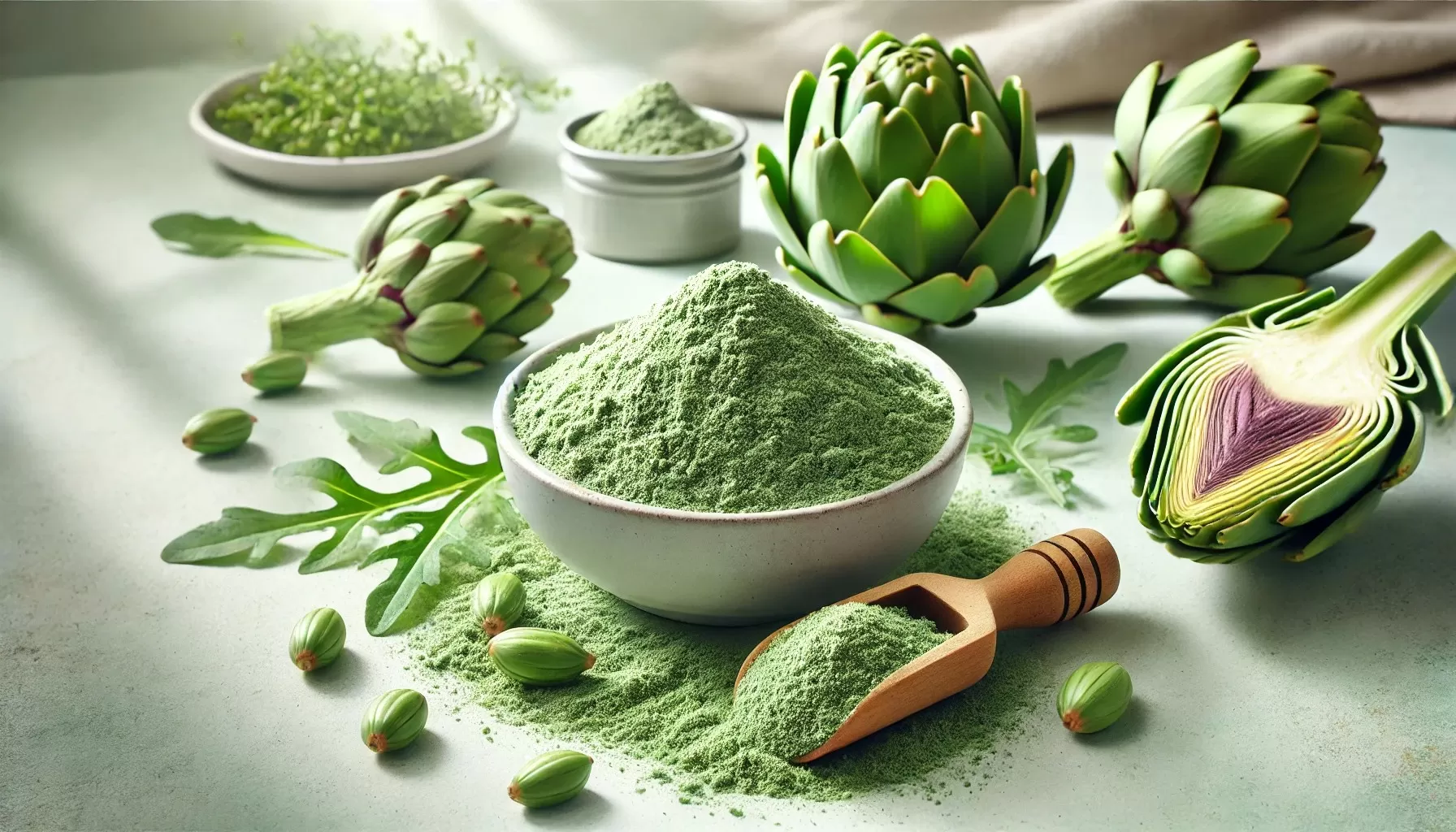- 0086-571-85302990
- sales@greenskybio.com
Artichokes: A Nutritional Powerhouse, But Not for Everyone - Who Should Avoid Them?
2025-04-02
Artichokes are celebrated for their versatility and nutritional benefits, often considered a delicacy in Mediterranean cuisine. Packed with dietary fiber, vitamins, minerals, and antioxidants, artichokes offer numerous health benefits, such as improved digestion, enhanced cardiovascular health, and potential liver-supporting properties. Yet, despite the advantages they offer, artichokes may not be suitable for everyone. Just as with any food, individual health conditions and sensitivities can dictate who should be cautious or avoid consuming them altogether. This article outlines the groups of individuals who might need to limit or be cautious about their artichoke consumption and the reasons behind it.
1. Individuals with Allergies to Artichokes or Related Plants
Allergy to artichokes, while not common, does exist. People who are allergic to artichokes may experience symptoms ranging from mild (itchiness, rashes) to severe (anaphylaxis). Furthermore, artichokes belong to the Asteraceae family, which includes daisies, marigolds, and other common plants. If an individual has a known allergy to other family members, caution should be exercised, as cross-reactivity may occur.
Consuming artichokes, and products containing them, is best avoided by those with known allergies to ensure no allergic response is triggered. Individuals should always seek advice from a healthcare professional if they suspect they might have an allergy to artichokes.
2. People with Gallstones or Gallbladder Issues
Artichokes are known for promoting bile production and are often recommended for supporting liver function. However, for individuals with gallstones or issues with the gallbladder, increased bile production can exacerbate conditions or lead to complications. High levels of bile can provoke a gallstone attack, causing severe pain and discomfort.
If someone suffers from gallstones or other gallbladder-related conditions, they should either limit their consumption of artichokes or consult with a healthcare provider before incorporating them significantly into their diet to avoid potential adverse effects.
3. Individuals Diagnosed with Digestive Disorders
Artichokes are rich in dietary fiber, offering benefits such as improved digestion and enhanced gut health. Nevertheless, high fiber content can be problematic for individuals suffering from digestive disorders such as irritable bowel syndrome (IBS), inflammatory bowel disease (IBD), or other conditions that affect digestion adversely.
For these individuals, consuming artichokes (or other high-fiber foods) can lead to bloating, gas, and exacerbation of gastrointestinal symptoms. It is advisable for individuals with digestive disorders to monitor their artichoke intake and be aware of how it impacts their gut health. Consulting a healthcare professional for personalized advice may be beneficial.
4. Individuals with Low Blood Pressure
Artichokes have potential heart-health benefits, including the ability to lower blood pressure due to their high potassium content. However, individuals who already have low blood pressure should be cautious with artichokes as excessive consumption may lead to hypotension, where blood pressure falls below normal levels, causing dizziness, fainting, and in severe cases, shock.
Monitoring blood pressure levels and moderating artichoke intake can help individuals with low blood pressure avoid adverse symptoms.
5. Breastfeeding and Pregnant Women
While artichokes are generally considered safe for most people, pregnant and breastfeeding women should exercise caution. Despite no direct evidence indicating harm, there is limited research on artichoke effects during pregnancy or breastfeeding. Therefore, it is advised to be mindful of consumption and consult with healthcare providers regarding dietary inclusions during these periods.
6. Individuals Taking Certain Medications
Artichokes contain compounds that interact with medications, potentially affecting their absorption and effectiveness. Specifically, they may amplify the effects of diuretics, leading to an excessive reduction in blood volume and pressure. The same applies to medications that target cholesterol levels, as artichokes can increase statin efficacy unpredictably.
Individuals on these medications should approach artichoke consumption conservatively and discuss potential interactions with their healthcare providers.
Conclusion
Artichokes, with their rich nutritional profile and associated health benefits, are a valuable addition to many diets. However, due to pre-existing medical conditions, allergies, and interactions with medications, some individuals should avoid or limit their consumption. Awareness of personal health circumstances and the advice of healthcare professionals can help guide safe and responsible dietary practices regarding artichokes.
While the majority of people can enjoy artichokes without issue, those with specific health conditions should consider their individual dietary requirements carefully before consumption. When in doubt, seeking guidance from a healthcare provider can aid in making informed dietary choices and ensuring well-being without sacrificing enjoyment or health benefits.
-
Is artichoke extract good for your kidneys?
2025-04-02
-
What Is Artichoke Extract Good For?
2025-04-02
-
Does artichoke extract reduce belly fat?
2025-04-02
-
What organs are artichokes good for?
2025-04-02
-
Can Artichokes Detox Your Liver?
2025-04-02














